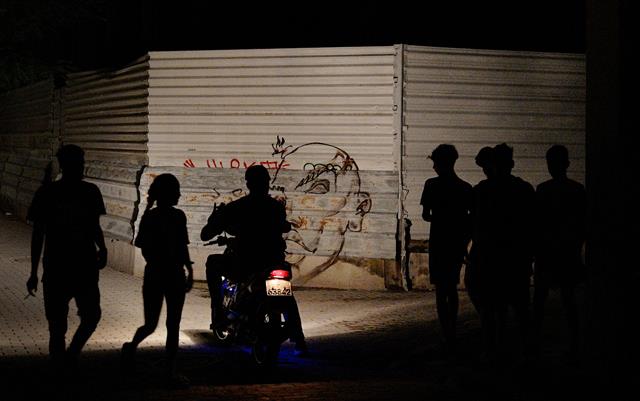
403
Sorry!!
Error! We're sorry, but the page you were looking for doesn't exist.
Cuba's Endless Woes, From Energy To Economy
(MENAFN- Jordan Times)
HAVANA - Plunged into darkness on Friday by a collapsed power grid, Cuba was already grappling with several interrelated crises connected to its chronically neglected infrastructure and economic stagnation. The blackout followed weeks of outages, which had lasted up to 20 hours a day in some provinces. The island's economy, already in dire straits , has been brought to a virtual standstill, with all non-essential public services suspended, schools shut and even traffic lights in the capital not working. From the obsolete electricity network, heavy dependence on fossil fuels, lack of investment and tightening of the US trade embargo, here is an overview of how the communist island reached this breaking point: Fragile energy infrastructure The island-wide blackout stems from a fragile power generation network, which depends almost entirely on fossil fuels and only produces a third of the electricity that is needed, according to government figures. But Cuba is struggling to buy fuel, in part because of a tightening, during the Donald Trump presidency, of the embargo imposed by Washington in 1962. The electricity Cuba generates mainly comes from eight decrepit coal-fired power plants, some of which have been in operation for over 40 years and suffer from recurrent breakdowns or are under repair. To bolster its grid, Cuba has leased seven floating power plants from Turkish companies and also added many small diesel-powered generators. The island relies heavily on oil from its main ally Venezuela, partially footing the bill by sending brigades of Cuban doctors there. But Venezuela appears to have significantly slashed the volume of oil deliveries. According to online opposition news outlet Cibercuba, Caracas sent only around 22,000 barrels/day to Cuba in September, compared with 33,700 barrels/day in June. In the meantime, the government has launched projects to develop renewable energy, but the lack of investment and the US embargo are slowing down the process. Economics and protests Cuba is in the throes of its worst economic crisis since the collapse of the Soviet Union, a key ally in the early 1990s. Cuba suffers from sky-high inflation and shortages of food, medicine, fuel and even water. While the authorities chiefly blame the US embargo, the island is also feeling the aftershocks of the Covid-19 pandemic battering its critical tourism sector, and of economic mismanagement. In July 2021, blackouts and soaring food prices sparked an unprecedented outpouring of public anger. Thousands of Cubans took to the streets shouting, "We are hungry" and "Freedom!" in what was then a rare challenge to the government. One person was killed and dozens were injured in the protests. According to the Mexico-based human rights organization Justicia 11J, 600 people detained during the unrest remain in prison. Cuba's government accused Washington of being behind the protests, but seeking to quell the economic crisis, Havana authorized the creation of private small- and medium-size businesses, a major shift in the communist-ruled country. In 2022, new protests erupted, again over power cuts, and dozens were arrested. The electricity situation briefly improved in 2023, only to deteriorate again this year. In March, hundreds of people again took to the streets in Santiago de Cuba and three other cities, demanding food and electricity. Emigration But many Cubans have since given up hope that things will change, and are fleeing the country, where the average monthly wage is only around 5,000 pesos . The tide of emigration is the biggest since the revolution that brought the late Fidel Castro to power in 1959. According to official statistics, in 2024 the island will have fewer than 10 million people, compared with 11.1 million at the time of the 2012 census. More than 700,000 entered the United States, legally or illegally, between January 2022 and August 2024, according to US officials. This excludes those who have gone to Latin America and Europe, for which no detailed data is available.

Legal Disclaimer:
MENAFN provides the
information “as is” without warranty of any kind. We do not accept
any responsibility or liability for the accuracy, content, images,
videos, licenses, completeness, legality, or reliability of the information
contained in this article. If you have any complaints or copyright
issues related to this article, kindly contact the provider above.


















Comments
No comment